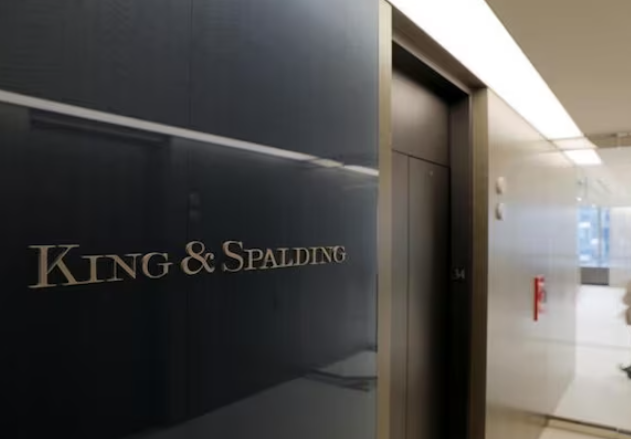King & Spalding has urged a U.S. judge to dismiss a “misguided” lawsuit filed by Sarah Spitalnick, a white, female lawyer, who accuses the firm of bias due to its diversity-focused job program for early-career attorneys. In a Thursday night filing in a Maryland federal court, the firm argued that the program is not discriminatory, and Spitalnick cannot claim exclusion since she never applied for the summer associate position in question.
“Plaintiff’s failure to apply is the reason she was not considered, let alone selected,” King & Spalding told U.S. District Judge James Bredar in Baltimore, adding that her “failure to be selected is a self-inflicted wound.”
Many large law firms, universities, and U.S. companies have faced increased scrutiny over their diversity initiatives following the U.S. Supreme Court’s 2023 ruling ending affirmative action.
Neither King & Spalding nor its legal team at Proskauer, nor Spitalnick’s attorney, responded to requests for comment. Spitalnick, who operates a solo law practice near Baltimore, was also unavailable for comment.
Based in Atlanta, King & Spalding employs over 1,300 lawyers across its U.S. and international offices. Notable attorneys at the firm include Rod Rosenstein, a former deputy attorney general under President Trump, and Sally Yates, who held the same position during the Obama administration.
In 2021, King & Spalding advertised a diversity mentorship program for first-year law students, offering an opportunity to join the firm’s summer associate program through a sponsorship by the Leadership Council on Legal Diversity. Spitalnick, then a law student, claimed she saw the ad but was discouraged from applying because she is white and heterosexual.
In its motion to dismiss, King & Spalding denied any intentional discrimination in its advertisement for the program, which encouraged applicants from “ethnically or culturally diverse backgrounds or the LGBT community.” The firm noted that the program was “far broader than plaintiff’s interpretation” and did not exclude her from applying.
The current version of the program advertisement no longer includes references to ethnicity or sexual orientation, though it is unclear when this change occurred. Several major law firms have revised their diversity fellowship criteria following the Supreme Court’s affirmative action ruling.
Spitalnick seeks damages, additional penalties, and an order compelling King & Spalding to issue a public apology. The firm countered that such a statement would be “unwarranted.”
The case is Sarah Spitalnick v. King & Spalding, U.S. District Court, District of Maryland, No. 1:24-cv-01367-JKB.

